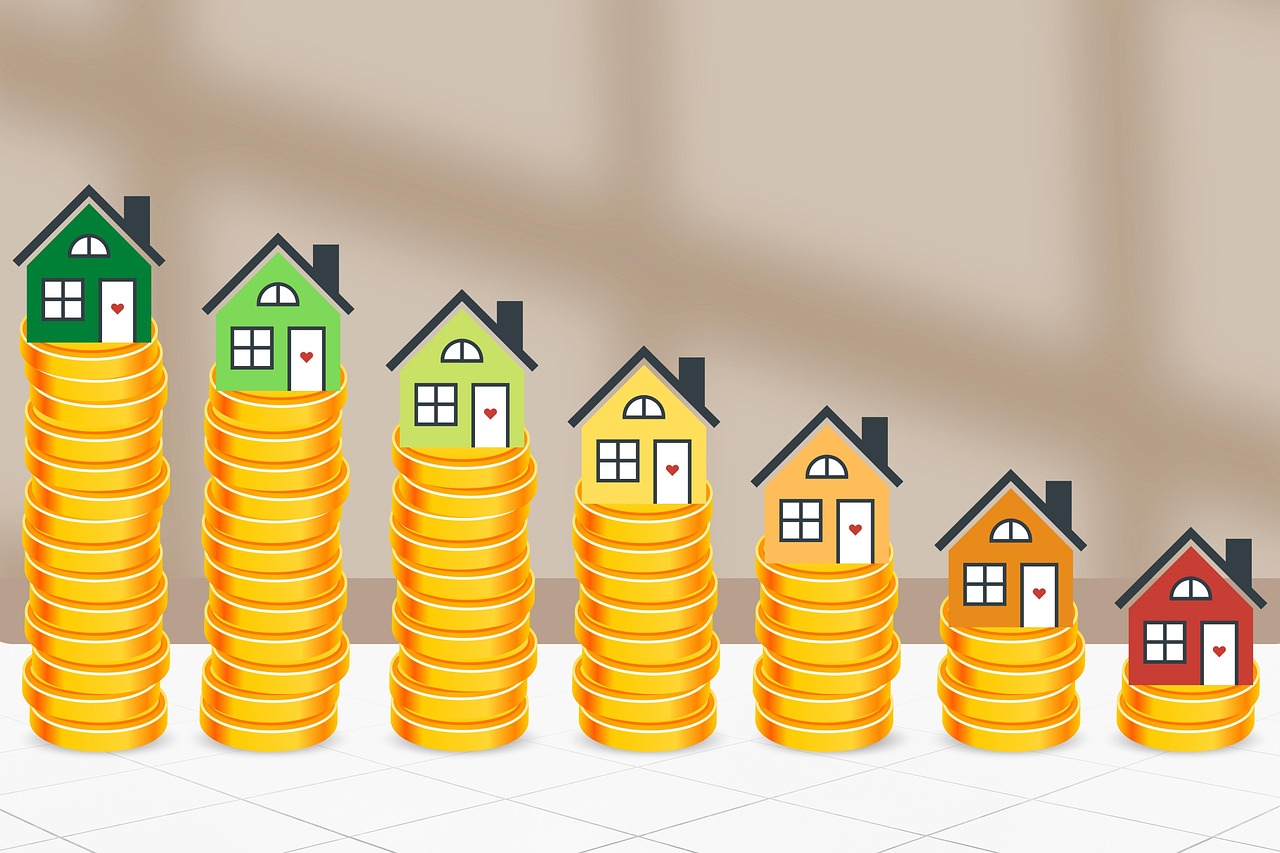Open Finance APIs Offer Real Estate Asset Data: A New Paradigm in Property Investment

In an era where data-driven decisions are the cornerstone of strategic investments, the real estate sector is undergoing a transformative evolution. One of the most significant advancements in this domain is the emergence of open finance APIs, which are revolutionizing access to real estate asset data. This technological development is providing investors, property managers, and financial analysts with unprecedented insights, enabling them to make more informed decisions.
Open finance APIs, or Application Programming Interfaces, are essentially digital gateways that facilitate the seamless exchange of financial data between different software systems. Unlike traditional financial systems that often operate in silos, open finance APIs promote interoperability and transparency. This shift towards open data frameworks has been bolstered by regulatory movements in various regions, such as the European Union’s Revised Payment Services Directive (PSD2) and the UK’s Open Banking initiative.
The integration of open finance APIs into the real estate sector is enabling a more granular analysis of property-related data. Here are some key ways in which these APIs are impacting the real estate market:
- Enhanced Data Accessibility: Open finance APIs provide streamlined access to comprehensive real estate data, including property valuations, historical transaction records, and ownership details. This democratization of data allows a broader spectrum of investors to participate in the market.
- Improved Risk Assessment: By aggregating data from various sources, APIs help investors assess risks more accurately. They can analyze trends, historical performance, and market dynamics to forecast potential returns and mitigate risks.
- Real-Time Market Insights: APIs facilitate access to real-time data feeds, enabling stakeholders to monitor market fluctuations and adjust their strategies accordingly. This agility is crucial in fast-paced markets.
- Automation and Efficiency: Open finance APIs enable the automation of data-intensive processes, reducing the time and effort required for due diligence, reporting, and compliance. This efficiency translates into cost savings and faster execution of transactions.
Globally, the real estate sector is witnessing varied adoption rates of open finance APIs. In North America, tech-savvy investors and firms have been quick to leverage these tools to enhance their portfolios. In Asia, where rapid urbanization is driving real estate growth, APIs are being used to support large-scale property developments and smart city projects. Meanwhile, in Europe, regulatory frameworks are providing the necessary infrastructure for widespread API adoption, fostering a competitive market landscape.
Despite the clear advantages, the adoption of open finance APIs in real estate is not without challenges. Data privacy and security remain paramount concerns, as the integration of diverse data sources increases the complexity of protecting sensitive information. Furthermore, standardization of data formats and protocols is necessary to ensure interoperability across different platforms and jurisdictions.
To address these challenges, industry stakeholders are advocating for robust regulatory frameworks that balance innovation with security. Collaborative efforts between technology providers, financial institutions, and regulatory bodies are essential to establish industry standards and best practices.
In conclusion, open finance APIs are reshaping the real estate landscape by enhancing data accessibility, improving risk management, and driving efficiency. As these technologies continue to evolve, they hold the potential to unlock new opportunities for growth and innovation in the real estate sector. For tech-literate professionals and investors, staying abreast of these developments is crucial to harnessing the full potential of open finance APIs in real estate asset management.














